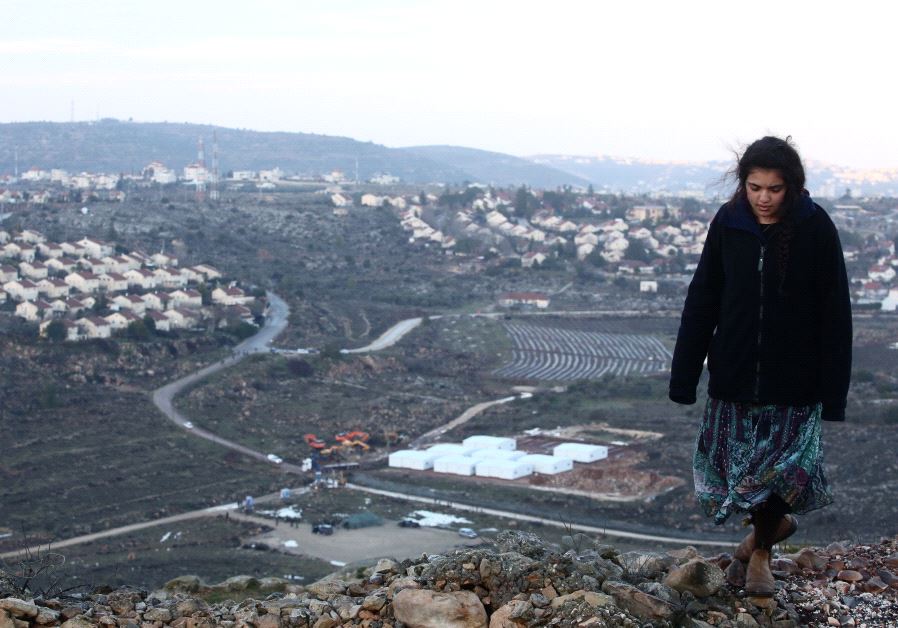Israeli court delays evacuation of 9 West Bank settler homes
High Court delays demolition by one month; Ofra settlers originally asked for a three-month delay in order to prevent the need to relocate twice.
 Amona resident with Ofra background(photo credit: MARC ISRAEL SELLEM)
Amona resident with Ofra background(photo credit: MARC ISRAEL SELLEM)